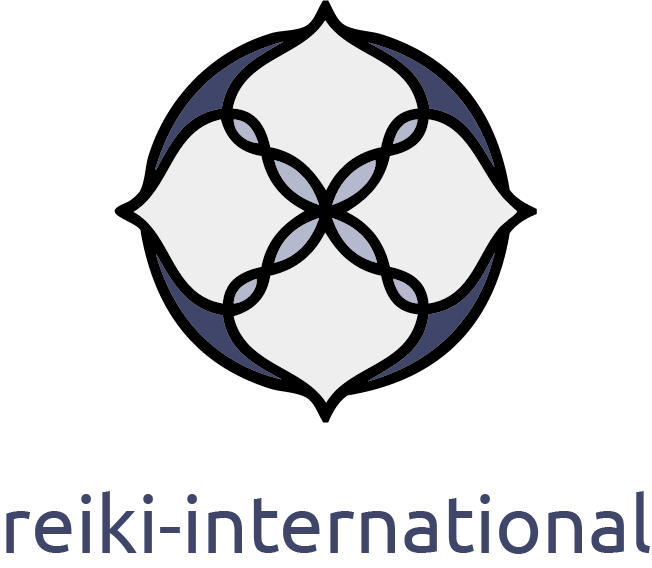Every person should have access to Reiki as an additional support after accidents or with perilous surgery. As well as overwhelmed relatives or Reiki practitioners. This is the vision, which has meanwhile led to success stories which have made patients and physicians rejoice. And even the police.
“As long as the person wants it” should be the addition to the title “Reiki-Help is Everyone’s Due!” Even though Reiki itself can never harm, this addition reveals that for interpersonal arrangements, codes of conduct are important. One such rule aims at every person being allowed to determine themselves what they want and from whom they want it. In the topic of ethics one soon reaches the question of the exception. For example: is one allowed to give Reiki to an accident victim, who is in a coma, without their assent? Often one argues in favour of this with reference to the fact that Reiki can never do harm. This is too narrowly considered. For the point is that the person might not want it – quite apart from whether it does good or not. To override this, just like that, is highly questionable.
With the idea „Reiki for everyone“ – as noble as it might be – the reflective Reiki practitioner will soon stumble onto such ethical considerations. These in turn prompt all kinds of practical questions. To answer these without losing sight of the intended goal demands a high measure of professionalism.
Over the last five years RIO (Reiki International Organisation) has created two services in order for people to be able to help: the emergency chain and the stationary program. An example: a man has a stroke and is brought to the hospital as an emergency. His worried friend knows that the patient would like to be supported additionally with Reiki. He signs up the patient in need of help on RIO online. The ethical and practical conditions are examined and within 24 hours the case is unlocked to 30 voluntary helpers who offer around the clock Reiki support by employing the so called absentee treatment (Reiki 2). In emergencies, help is provided free of charge and as unbureaucratically as possible. The man in the example above is stabilised at the hospital and then released into a 5-week rehabilitation program. During this time he wishes to receive additional Reiki support and enters himself into the stationary program, in which he is supported by seven helpers who commit to treating him daily. This service is charged (amount volunteered), as the helpers are entitled to remuneration. You can read the feedback of patient E.S. here.
Doctors increasingly appreciate their patients receiving Reiki in addition to medicinal treatments in hospitals. In July I reported to that effect in a post with the title “Reiki in the Hospital”. Today I visited the patient mentioned in that report again in the hospital. Sadly, his foot had to be amputated for the most part. I treated him a few hours after the surgery this afternoon. After a while, he was visited by a female doctor, with whom he spoke very humorously. She laughed and said, with regards to my hands on the foot, that the product of “the good energies which enter down there comes out as mischief on the other end.” I personally think that the euphoria was rather induced by the medication … but that is beside the point. The story illustrates once more the favourable willingness of the doctors to cooperate with Reiki practitioners.
Reiki practitioners often reach a point where they cannot go any further by themselves. Think of a single parent of multiple children, one of which is at the intensive care unit. Or of someone with a stressful job and a mother in need of care at home. These people literally have their hands full with Reiki self treatment; no space to treat those entrusted to them with Reiki. In such situation RIO help serves to relieve both parties, the practitioner as well as their charge.
And then there is also the policeman who jabbed his forefinger at my chest after a public talk. This was after I had described an emergency situation in which the accident victim was already being looked after perfectly, but the accident perpetrator was in a shock-like condition. The story had happened about half a year before the public talk. At the time, I had sat myself next to the driver onto a small wall at the side of the road and treated him. The message of this story during the public talk was that one can utilize Reiki at any time. The policeman with the forefinger had a different message. It transpired that he was the chief of operations of the municipal police of Lucerne at exactly that accident scene of which I had been talking. He gave me the assignment, almost the order, to tell Reiki practitioners to make themselves known to the chief of operations at the scene of an accident – provided they are willing to help. “What you did there did the driver a lot of good and we were able to question him calmly. Our problem is that we usually have enough personnel for the accident victim, but mostly lack support for the perpetrators, who feel great anguish and fear. We are glad for any help. Please tell that to your people.” Yes sir, was my only possible reply. It is hereby done.


